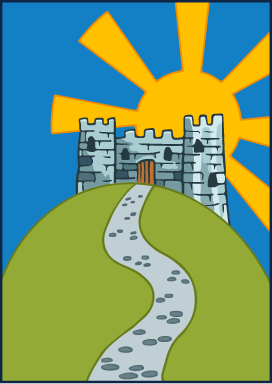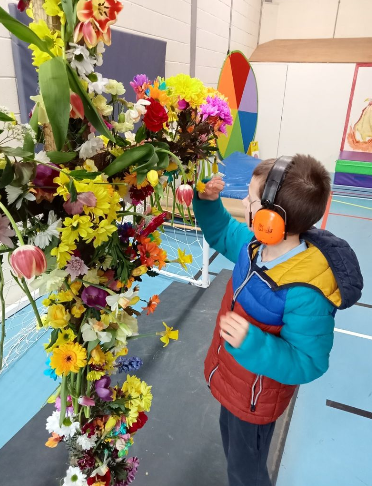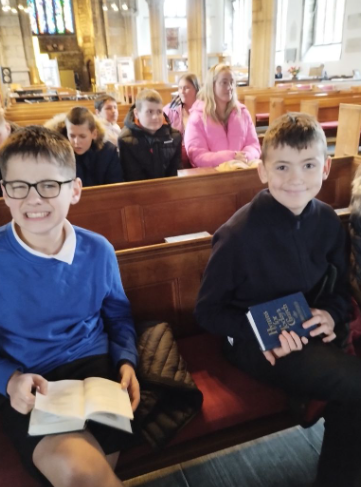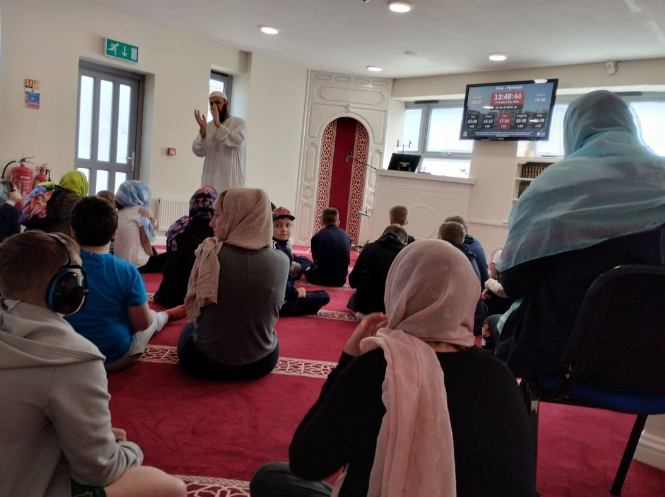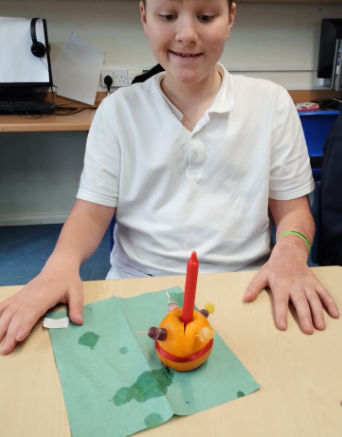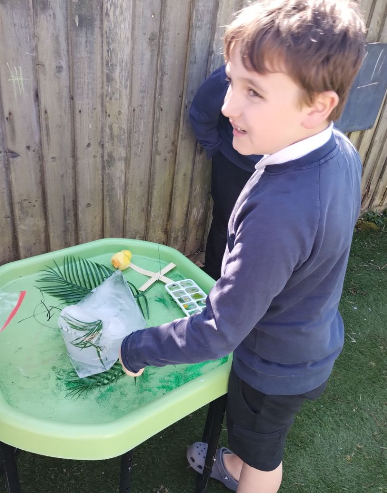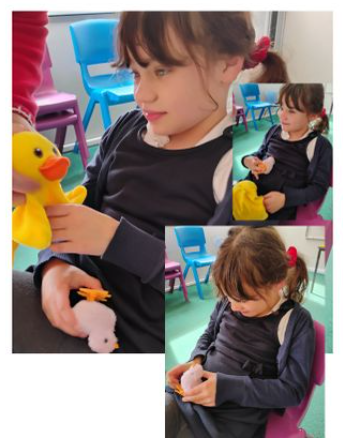Religious Education
Welcome to R.E at Longcause!
RE lead: Jo Vinecombe (jvinecombe@longcause.plymouth.sch.uk)
RE Curriculum Intent Statement
Intent:
What will our pupils experience throughout their RE curriculum at Longcause?
The pupils in our school predominantly have Autism and a cognitive delay and often have co-morbid conditions and complex needs. One of the difficulties our children have is with flexibility of thought. Therefore we want our children, to have even more opportunities to develop flexible thinking outside of their current experience. In addition to their needs they also live in one of the less diverse places in the UK and have less opportunities to encounter different ways of life because of this.
The principal aim of religious education is to explore what people believe and what difference this makes to how they live, so that pupils can gain the knowledge, understanding and skills needed to handle questions raised by religion and worldviews, reflecting on their own ideas and ways of living.
We want our pupils to leave Longcause knowing the Relevance of religion, non religious worldviews and spirituality to real life and that they can choose their own Response to this whilst Respecting others.
Why do we want this?
We want our pupils to:
- explore the important role that religious and non-religious worldviews play in all human life.
- understand how the world is wider than themselves and their own family.
- make sense of their world starting with themselves, their own family culture/community, their local culture/ community, the wider culture nationally and internationally.
- understand where they currently belong and opportunities to belong elsewhere at other times in their life.
- understand that others have many similarities as well as differences in their lives.
- be tolerant and respectful of others who have different lives, different values and beliefs.
- have the tools and knowledge necessary to make good choices and live happy, positive lives.
- explore and respond sensitively , promoting their personal development by making connections between core religious/ non religious concepts and their own experiences.
Implementation:
How will we deliver this?
- All pupils to be taught RE ( Parents can opt out as per DfE guidance)
- Termly planning by subject leader (Religious and non religious groups suggested in the Plymouth RE Syllabus and based on the demographic in the locality are studied. See below for syllabus.) Christmas and Easter are celebrated yearly due to the importance of pupils understanding events in their own life and locality.
- Weekly lessons
- Daily worship
- Assemblies
- Special celebrations i.e., church visits for harvest, Christmas and Easter.
- Visits to places of significance.
Impact:
Our pupils will have:
- Increased cultural capital
- A better capacity to identify right and wrong and to make good choices
- More potential for kindness, tolerance, respect and understanding
- Increased flexible thinking and empathy
- A sense and understanding of belonging and feelings
- A better ability to find out about things, express themselves and to reflect
- Be better prepared for the opportunities, responsibilities and experiences of their later lives.
Curriculum Progression.
We want learning to start from the unique individuality of the pupils and therefore pupils will begin by learning about themselves and their environment as well as engaging with the sensory aspects of festivals celebrated by the school ie, Christmas, Easter, birthdays etc. Pupils who are not yet ready to access Scheme A will learn in a way that focuses on engagement, developing curiosity and the vocabulary they will need to progress. This happens through the 'Pre Scheme A' scheme and the Explorers curriculum.
The Curriculum Progression Map ensures a breadth of learning based on the demographic in the locality. It allows for rehearsal and progression of knowledge, concepts and skills across it's schemes as well as developing the range of religious groups and traditions studied as pupils progress through the schemes of work.
